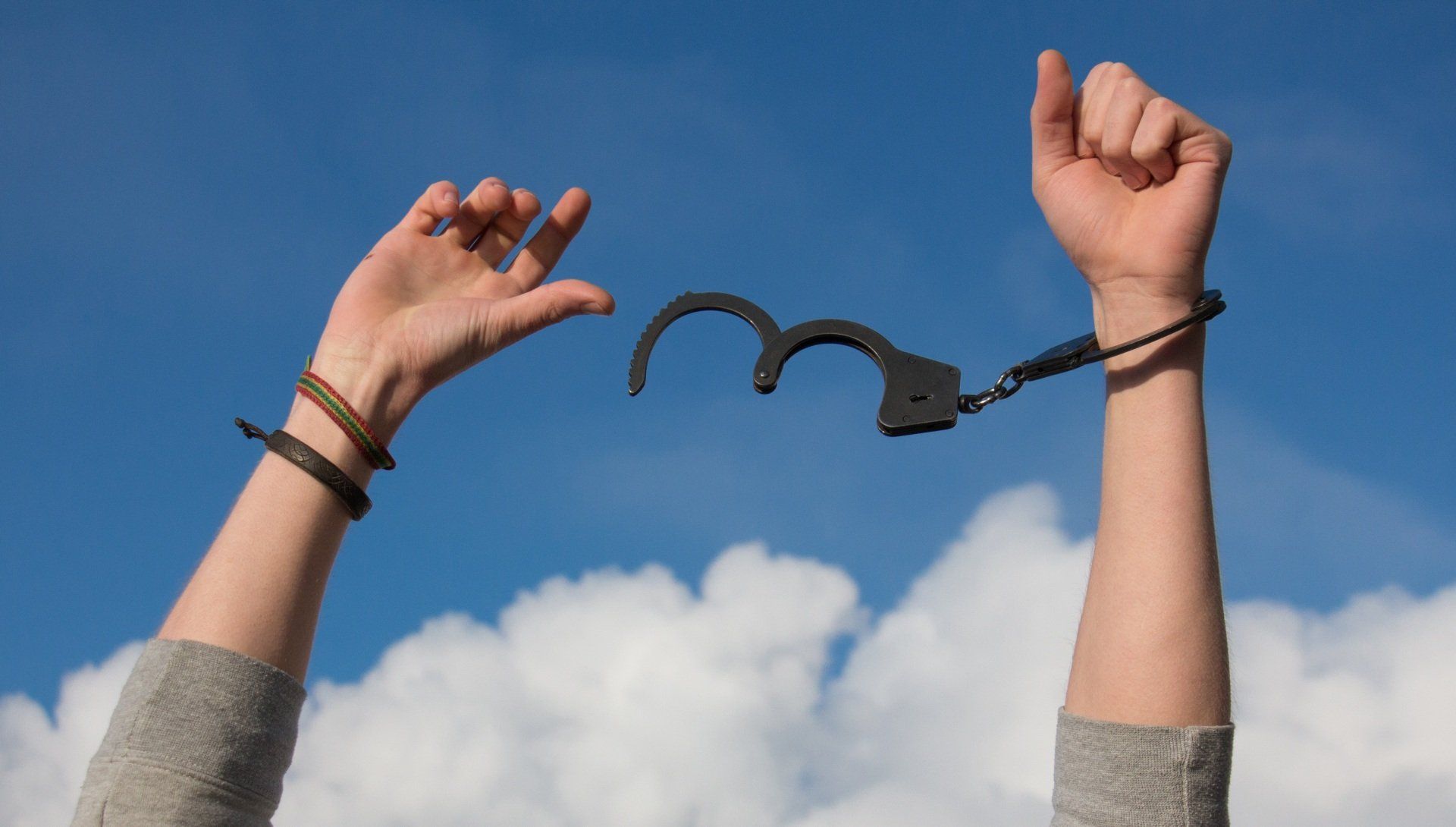How Can I Appeal My Conviction?
When a trial goes against a Defendant, it is very important to immediately look at appealing the conviction. This can often be with fresh representation so that a new pair of eyes can consider the issues and answer any queries of the convicted person and their family.

In England and Wales, we have a one trial procedure. This means that we cannot appeal a conviction simply on the basis that the Jury came to the wrong conclusion or we simply disagree with their verdict. There must be grounds to appeal the conviction.
In the circumstances of there being a conviction, instructing new representation can often be very useful. The newly instructed legal team can obtain transcripts of the trial as well as being able to answer any queries that the Appellant or their family may have.
Common Grounds of Appeal
Appeals are governed by the Criminal Appeal Act 1968. The test that the Court of Appeal applies when deciding whether to allow an appeal against conviction is whether the conviction is “unsafe”.
The following are some of the most common grounds of appeal and areas of focus when considering how a wrongful conviction can be over-turned:
- The Appellant was put at a disadvantage by his representation
- The Judge resolved legal questions arising during the trial incorrectly
- The Judge’s summing up mis-stated the law
- The judge’s summing up was unbalanced and gave insufficient prominence to the Defence case
- There is fresh evidence available which was not and could not reasonably have been called at trial.
Standard of Representation
Convicted people often seek to argue negligence on the part of their previous lawyers. It is however a very difficult ground to succeed upon. The Court of Appeal will not intervene merely because it can be shown that a defendant may have been better represented or that the tactical decisions made at trial were not the best possible choices, unless those failings can be argued to have rendered the conviction unsafe.
This is a very high-bar, it will need to be shown not only that the standard of representation was poor but equally that it is so poor that the conviction is unsafe. This is almost like saying that the representation must have been so poor that if proper representation had been afforded there is a realistic prospect that the Appellant would have been acquitted.
Errors of Law
The most fruitful area of challenge relates to where there have been legal errors made. This will include the drafting of a Judge's summing up and their legal directions. These can be robustly considered because many Judges now produce written Routes to Verdict and provide a written copy of their directions.
The following are some of the most common areas of law that will be considered when looking at whether a conviction can be appealed:
- Separate functions of Judge and jury;
- The difference between speculation and inference;
- Assumptions and Preconceptions regarding sexual offences (i.e. preconceptions about how a rape victim would behave);
- Behaviour when giving evidence (i.e. whether witnesses appear distressed);
- Burden and standard of proof;
- The elements of the offences;
- Cross-admissibility (how the jury may use the evidence of one complainant in support of another);
- The relevance of a defendant’s previous good character (or bad character if it has been admitted).
As well as the legal directions, freshly instructed representation will also consider the decisions made by a Judge regarding rulings both during and before the trial. This can include arguments about bad character and admissibility. It is also important to consider the way in which any questions that the Jury have asked as part of the trial.
Fresh Evidence
The Court of Appeal will sometimes allow fresh evidence to be admitted as part of the appeals process. Fresh evidence is evidence that was not called at the trial. Their willingness to do so is limited and significant hurdles must be overcome before a defendant is permitted to breach the one trial principle. One of the most important is whether the evidence could reasonably have been called at the trial.
The best explanation for a defendant wishing to rely on fresh evidence is that the material was not known about at the time of the trial and could not reasonably have been expected to be discovered. It is important to remember at all times when considering these issues, whether the fresh evidence, even if it proves what it is suggested it proves, is capable of rendering the conviction unsafe in the eyes of the Court of Appeal.
The Procedure
The first step is for counsel to be instructed and gain access to all of the relevant evidence. This can include obtaining access to what is known as the Digital Case System. Then it can be considered whether there is a need to obtain transcripts of the hearing. As part of this exercise, an Initial Advice on Appeal can be provided.
It is important to seek the opinion of those who carried out the trial, this means drafting what are known as 'McCook' questions which are targeted at understanding decisions which were made at the trial.
It is impossible to guarantee that an Advice will be positive. However, if it is, then Grounds of Appeal can be settled and served on the Court of Appeal.
These will then be considered by the Single Judge who will decide whether to give permission to appeal. If permission is given, then the case will be referred to the 'Full Court', this will be a hearing before three Court of Appeal Judges. This tribunal will then decide whether the conviction is unsafe and as such whether to quash the conviction or order a re-trial.
Even if the Single Judge does not give permission, an Appellant can renew permission before the Full Court. This means that an oral hearing will take place where the arguments can be rehearsed. This does carry a risk that the Court will make a loss of time order. However, it allows for counsel to make arguments and to respond to queries raised by the Court of Appeal.
Time Limits
It is very important to act within time limits, an appeal against conviction must be lodged within 28 days of the date of conviction. This can be extended and seeking new representation is one justification for such an extension.
This demonstrates the importance of acting expeditiously and if new representation is to be put in place, it should be done quickly.
Fill in the Below to Contact Rhys and to obtain legal advice










